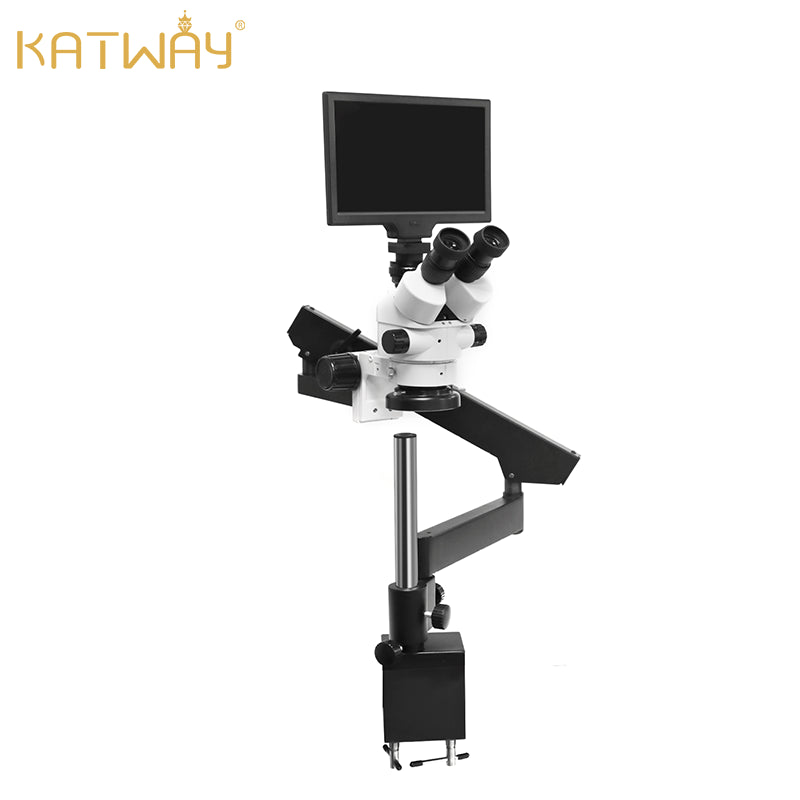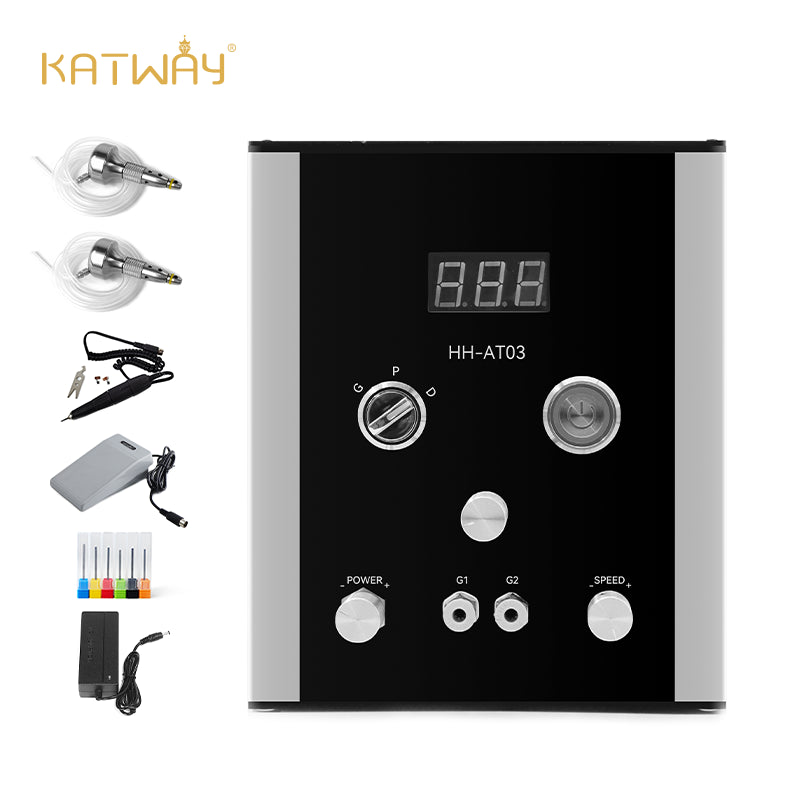From Hobbyist to Pro Artisan: Your Tool Upgrade Roadmap
You've carved 50 wooden spoons, sold your first custom sign, and now people are asking "Where did you get this made?" This is when tool decisions make or break your craft career. Let’s cut through the noise.
Why Your $300 Hobby Setup Won’t Survive Professional Demands
My first commissioned mural carving ended with a shattered chisel and a client’s deadline blown. The culprit? Using a hobby-grade palm gouge for 8-hour daily carving.
It has to be said that professional workloads exposed three key flaws in the starter kit:
1. Endurance - Cheap alloys deform under sustained use
2. Precision - Mass-produced blades lack micro-bevel control
3. Time cost - Constant tool maintenance eats profit margins
"But wait," you ask, "should I upgrade everything at once?" Hell no. Let’s strategize.
Phase 1: The Semi-Pro Threshold (500−500−1,200 Investment)
When to leap: You’re getting 3+ paid gigs/month or selling $800+ in handmade goods quarterly
Core Upgrades That Actually Matter
The Workhorse Gouge
Drop the 12-piece set: Pros use 2-3 premium gouges 80% of the time
Smart pick:
- Pfeil #7 Sweep Bent Chisel ($89)
- Swiss forged steel holds edge 3x longer
- Ergonomic octagonal handle reduces fatigue

Dust Management That Doesn’t Suck
Hobbyist mistake: Wearing a mask but ignoring ambient particles
Pro solution:
- Jet Vortex Dust Collector + 3M Secure Click Respirator ($375 combo)
- Reduces cleanup time by 40% (actual studio data)
Sharpening System
Ditch the "all-in-one" sharpeners. Get:
Shapton 1500/5000 whetstone ($68)
Veritas Honing Guide ($45)
Phase 2: Going Full-Time (Strategic 2k−5k Splurges)
Trigger point: Consistent $3k+/month revenue or wholesale inquiries
The Tool ROI Calculator
I often recommend many engravers to use this formula to calculate the return on investment of tools:
(Hourly Rate x Time Saved) - Tool Cost = Net Gain
Reality check:
l Old chisel: 2hrs/day sharpening
l Pfeil tool: 20mins/day
l At 50/hr: 90 daily savings→ Paid for tools in 11 workdays
Must-Haves for Production-Grade Work
Electric Carving Savior
Not generic rotary tools. Get Foredom K.1050 Custom Kit ($429)
Why? Interchangeable handpieces handle stone/wood/resin
| Tool Name | Model | Price (USD) | Key Features | Pros | Cons |
|---|---|---|---|---|---|
| Foredom Custom Carving Kit | K.1050 Custom Kit | $429 | Interchangeable handpieces, variable speed control, low-noise operation | High precision and flexibility, stable performance | Expensive; some accessories sold separately |
| Dremel Rotary Tool | 3000 | $99 | Lightweight, versatile, variable speed control | Affordable, easy to use, widely available | Limited power; less durable for heavy-duty tasks |
| Makita Rotary Tool | RT0701C | $150 | High RPM, robust build, ergonomic design | Reliable performance, suitable for medium-duty tasks | Bulkier; higher price than entry-level alternatives |
Measurement Systems Buyers Notice
Starrett 654 Mechanical Caliper ($127)
Woodpeckers Precision Square ($89)
The Silent Salesman: Workshop Aesthetics
VEVOR Rolling Tool Cabinet ($299)
Custom branded tool rolls ($28/ea)
Psychological edge: Clients touring organized shops spend 23% more (Craft Council data)
Phase 3: Mastering the Craft (Bespoke Investments)
When you’re teaching workshops or supplying galleries
Custom Tools That Build Signature Styles
Case study: Bowl turner Emily’s trademark fluted edges
Modified Thompson 3/4" Bowl Gouge ($160)
Custom grind by D-Way Tools ($75 modification)
Result: 300% Instagram engagement boost on tool close-ups
Industrial-Grade Secret Weapons
Dust Collection That Clients Recognize
Oneida Supercell ($1,895)
Why invest in such expensive dust removal equipment? Quiet operation during customer consultation
The Finish That Screams "Pro"
Mirka DEROS 650CV Orbital Sander ($579)
Digital Integration
Wixey WR525 Angle Gauge ($59)
Woodpeckers JobTracker ($199)
The Dark Side of Tool Addiction (What NOT to Do)
Last month, a client blew $7k on a CNC machine... that now gathers dust. Avoid these traps:
Mistake 1: Buying specialty tools before having 5 committed orders needing them
Mistake 2: Ignoring tool ergonomics (my carpal tunnel horror story)
Mistake 3: Overlooking local tool libraries - Montana Makerspace rents 15klasercuttersfor25/hr
Your Action Plan
1. Audit ruthlessly - List every tool used in last 10 projects
2. Calculate hourly friction - What’s constantly slowing you down?
3. Follow the 50% rule - Only upgrade when new tool saves 50% time/errors
Featured product
Popular posts
You May Also Like
-

The New Favorite of Handmade Wood Carving Industry - Pneumatic Engraving Machine
With the advancement of modern science and technology, tr...
-

Metal Engraving Techniques That Beautify Jewelry
Just as one is always willing to be drawn to something mo...
-

How to Make a Gemstone Ring?
Discover how gemstone rings are made and experience the u...
-
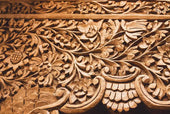
How to practice carving flowers technique in wood carving
Whether it is the complicated and delicate flower cluster...
-

What Tools Do You Need to Be a Silversmith?
This is a beginner's guide to silversmithing. Many people...
-

How Do Beginners Make a Simple Silver Ring?
Making a silver ring for your lover is a very romantic th...
-
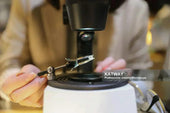
What Kind of Microscope Do Jewelers Use?
Microscopes are called the third eye of jewelers. Accordi...
-
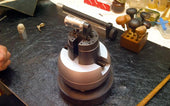
How To Choose a Engraving Vise?
Engraving vises are a type of clamping tool that engraver...
-
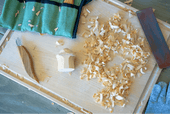
10 Essential Woodcarving Techniques for Beginners
Woodcarving is an interesting and creative art. It is not...
-

10 Tips To Teach You How To Solder Jewelry
Are you worried about the soldering technique for making ...
-

A Complete Guide to Prong Settings
Setting is a common technique in jewelry making, and claw...
-

A Complete Guide To DIY Jewelry Making
DIY jewelry making is a very interesting but not easy thi...
-

Beginner's Guide to Hand-Engraving Metal: Tools, Tips, and Tricks
Hand engraving metal is like stepping into an art form th...
-

What Are The Advantages Of Pneumatic Engraving Compared To Push Engraving?
In the engraving process, pneumatic engraving is an indis...
-

Four Practical Ways to Engrave Metal
Metal carving is the carving of a design or pattern into ...
-

Do You Know How to Engrave Tungsten Rings?
In recent years, tungsten material will be stronger and m...
-

How Do You Re-Engrave Old Jewelry?
Jewelry has a permanent beauty and unique value, and many...
-

Pneumatic Engraving Machine Vs Electric Engraving Machines
As the industrial revolution took place, machines changed...
-

The Joy of Carving Wood
Wood carving is not only a handcrafted art with a long hi...
-

How to Buy High Quality Metal Engraving Tools?
It is said that metal engraving is an extremely testing c...
-

A New Engraving Experience for You with the AT Series Motors!
We have exciting news to share with you! The AT Series mo...
-

How to Choose a Mill for Jewelry Making?
In the process of jewelry making, a jewelry mill is a ver...
-

How to Choose and Use Jump Rings?
If you are a jeweler then you are no stranger to the term...
-

Teach You How to Pick a Jewelry Engraving Machine
Jewelry engraving machine is an indispensable tool for th...
-

How Do You Cast Jewelry?
Jewelry casting is a common way of casting jewelry. In fa...
-

A Comprehensive Guide to Jewelry Engraving
Jewelry will be preferred by many people as a gift, but h...
-

Tips for Using Engraving Tools
If you are a beginner who is just getting into carving, a...
-

Katway to Participate in Hong Kong Jewelry Show 2024
In recent years, Katway's brand strength has been improvi...
-

The Creative Path of a Jewelry Beginner
Embarking on a jewelry making journey is not only a form ...
-

The Secrets of Handmade Jewelry Engraving
Hand engraved jewelry is still used by many jewelers as a...
-

Tips for Making Silver Jewelry
Silver as a metal is a very common metal, and nowadays th...
-

How Do Beginners Use Jump Rings?
A jump ring is an essential piece of jewelry making, you ...
-

Method of Making a Carving Knife and Template Set(Ⅱ)
The last blog on making engraving tools talked about the ...
-

Six Common Casting Process Introduction
Casting Process The casting process is generally used to ...
-

Method of Making a Carving Knife and Template Set(Ⅰ)
If you are interested in carving, then you must carving k...
-

A Must for Newbies: An Easy-to-Follow Guide to Letter Carving in Wood
Do you want to know how to carve letters in wood? If you ...
-

Unlocking the Secrets of Metal Laser Engraving
With laser equipment, marking operations, whether it is a...
-

Do You Know What Metal Engraving Is?
To talk about metal engraving, we need to first understan...
-

About the Identification of Real and Fake Pearls
Pearls are an ancient organic gemstone that existed about...
-

About Jewelry Appraisal, You Need to Use the Tool - Gemstone Microscope
In recent years, with the number of gemstone enthusiasts...
-

Uses of Different Types of Microscopes
Many people know that microscopes can be used to look at ...
-

Katway's 2024 Jewelry Fair Tour - INHORGENTA MUNICH
In 2023, our company Katway took part in the Hong Kong Je...
-

How to choose the best jewelry engraving machine?
Do you want to make your own engraved jewelry that suits ...
-

Guide to Jewelry Engraving
Jewelry engraving is a work of art that involves pattern ...
-

Sharpening tools: A Good Helper for Jewellery Engraving
In the working process of a jewellery engraver, the perfo...
-

Katway's Journey to Jewelry Show 2023
In September 2023, Katway was invited to participate in J...
-

Vacuum casting in the jewelry process
With the continuous development of science and technology...
-

Engraving Machine Buyer's Guide on HH-R01 and HH-AT03
Common points of HH-R01 and HH-AT03 Do not need an air c...
-

Everything You Need to Know About Jewelry Engraving
Carving is an ancient skill that has been around since th...




